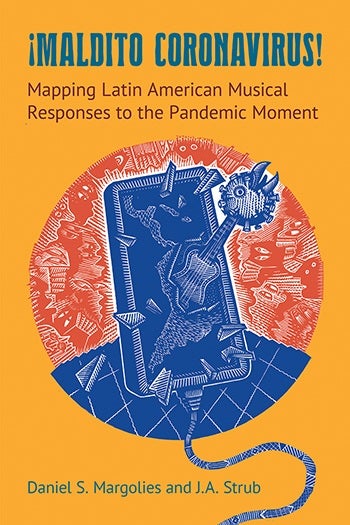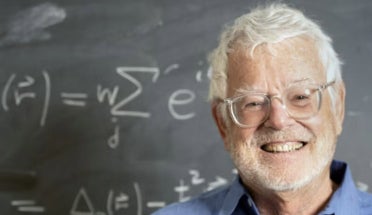
Butler Ph.D.'s Book Explores Latin Music Groundswell During COVID
- Nov 6, 2024
J.A. Strub noticed something unusual at the start of the COVID-19 pandemic: People from around the world, especially from Latin America, were recording themselves performing music and uploading the footage to YouTube.

Strub, a Ph.D. candidate in the Butler School of Music at The University of Texas at Austin, was intrigued by this worldwide phenomenon and decided to write a book with co-author Daniel S. Margolies to explore why it occurred worldwide, from big cities to small remote villages. The book, titled “¡Maldito Coronavirus! Mapping Latin American Musical Responses to the Pandemic Moment,” was published in September 2024.
Strub and Margolies watched more than 4,000 YouTube videos and conducted multiple extensive interviews many of the artists, focusing on those in Latin America. Many performers were difficult to contact; Strub described the challenge of reaching them.
“YouTube does not allow direct messaging, so I would often have to leave a comment [beneath the video] with my email and phone number,” said Strub.
Through the interviews they did manage to conduct, a remarkable portrait emerged of Latin American musicians — and the degree of determination many of them showed during the pandemic. Several traveled huge distances to find internet access so they could upload their videos. One musical group walked 16 days to reach home after a show, climbing the Andes mountains and carrying their instruments after bus service was shut down due to COVID.
The book also highlights the scope of people recording on YouTube at the time, encompassing everyone from Grammy-winning artists to people with little musical experience “recording in their bathrooms.”
Strub also noted that most of the artists seemed to have no plans to make money or gain views. In fact, the desire to share music was apparently tied to the pandemic, and many of those who posted videos have since removed them.
The book captures a moment when everyone seemed eager to communicate and connect through music, but Strub and Margolies could not supply a definitive explanation for why the groundswell happened.
“This is what we hope future researchers will solve,” said Strub.



